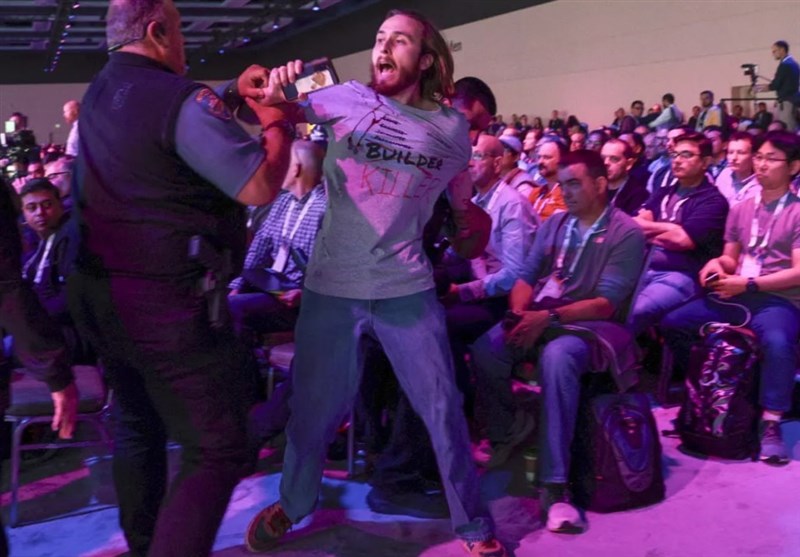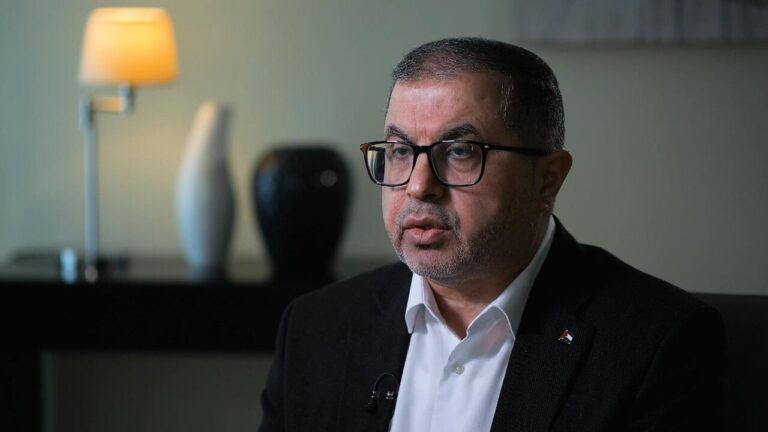Microsoft Sparks Controversy by Blocking Emails Containing ‘Gaza,’ ‘Palestine,’ and ‘Genocide’ Keywords
Microsoft employees are raising significant concerns regarding the company’s censorship practices related to emails sent through Outlook. Reports indicate that emails containing sensitive terms such as “Palestine,” “Gaza,” “genocide,” and “apartheid” are being blocked or delayed, even in the context of HR complaints. This censorship issue has sparked widespread debate among employees, highlighting the tension between corporate policies and social justice.
The issue first came to light on Wednesday around noon PST, as employees began to notice that emails containing the aforementioned terms were failing to send. In contrast, emails without these terms were successfully delivered. According to sources and documentation reviewed by CNBC, three employees, who chose to remain anonymous to avoid potential retaliation, expressed their alarm over the selective blocking of emails.
One employee, whose email signature included the term “apartheid,” reported that while they were able to send a work-related email at 11:30 a.m. PST, subsequent attempts to send emails containing similar terms were unsuccessful. Internal message boards within the company reflected growing frustration, with employees questioning the inconsistency of the email filters—particularly why the term “Israel” was allowed while “Palestine” and “Gaza” were not. Interestingly, altered terms like “P4lestine” were still delivered without issue.
One employee raised a poignant question on an internal board: “Is the company abandoning the inclusivity initiative or is this only targeting Palestinians and their allies?” This inquiry underscores the tensions within Microsoft regarding its stance on social issues.
The Verge was the first to report on the potential censorship of emails, prompting a response from Microsoft’s chief communications officer, Frank Shaw. He stated, “To clarify, emails are not being blocked or censored, unless they are being sent to large numbers of random distribution groups. There can be a small delay and the team is working to make that as short as possible.” Furthermore, a Microsoft spokesperson clarified that recent measures have been taken to reduce the volume of emails sent to large distribution lists.
However, employees shared that even routine work-related emails sent to smaller groups were failing to deliver if they included the flagged terms. One anonymous employee reported that an HR complaint containing one of the censored terms did not receive an auto-response for over 24 hours and did not appear in the HR portal until much later, suggesting a possible backlog or manual review process.
The group No Azure for Apartheid further noted that some emails experienced delays of seven hours or more, reinforcing the notion that manual reviews may be occurring. This situation has intensified scrutiny on Microsoft’s operations, particularly regarding its connections to the Israeli military.
Protests against Microsoft’s ties to the Israeli military have escalated, with demonstrators increasingly disrupting company events. Recently, at the Build developer conference held in Seattle, activists interrupted keynote speeches and discussions. For instance, during a session on AI security practices, protesters targeted Sarah Bird, Microsoft’s head of responsible AI, who was co-hosting with Neta Haiby, a former member of the Israel Defense Forces.
Hossam Nasr, an organizer with No Azure for Apartheid, was quoted saying, “Sarah Bird, you are whitewashing the crimes of Microsoft in Palestine.” This statement reflects the growing frustration within the tech community regarding the ethical implications of technology companies’ partnerships with military organizations.
During another session at the conference, a Palestinian tech worker interrupted a speech by Jay Parikh, Microsoft’s head of CoreAI, vocally expressing their outrage: “Jay, you are complicit in the genocide in Gaza. My people are suffering because of you. How dare you. How dare you talk about AI when my people are suffering. Cut ties with Israel.” The protester also called for the liberation of Palestine, referencing the ongoing campaign labeled No Azure for Apartheid.
On Monday, software engineer Joe Lopez took a stand during CEO Satya Nadella’s keynote presentation, shouting, “Satya, how about you show them how Microsoft is killing Palestinians? How about you show them how Israeli war crimes are powered by Azure?” Following this outburst, Lopez was terminated for what the company described as “misconduct resulting in the violation of both company policy and our expectations of a respectful workplace.” This incident highlights the potential repercussions employees may face for voicing their concerns.
Additionally, last month during Microsoft’s 50th anniversary event, two software engineers, Ibtihal Aboussad and Vaniya Agrawal, protested against the Israeli military’s use of Microsoft’s AI products during executive presentations, which led to their terminations as well. The ongoing situation has opened up a broader dialogue about corporate responsibility and the ethical implications of technology in conflict areas.
As scrutiny continues over Microsoft’s email censorship practices and its ties to the Israeli military, employees and activists alike are calling for increased accountability and transparency from the tech giant. The intersection of technology, corporate policies, and social justice remains a critical topic for discourse and action in today’s society.






